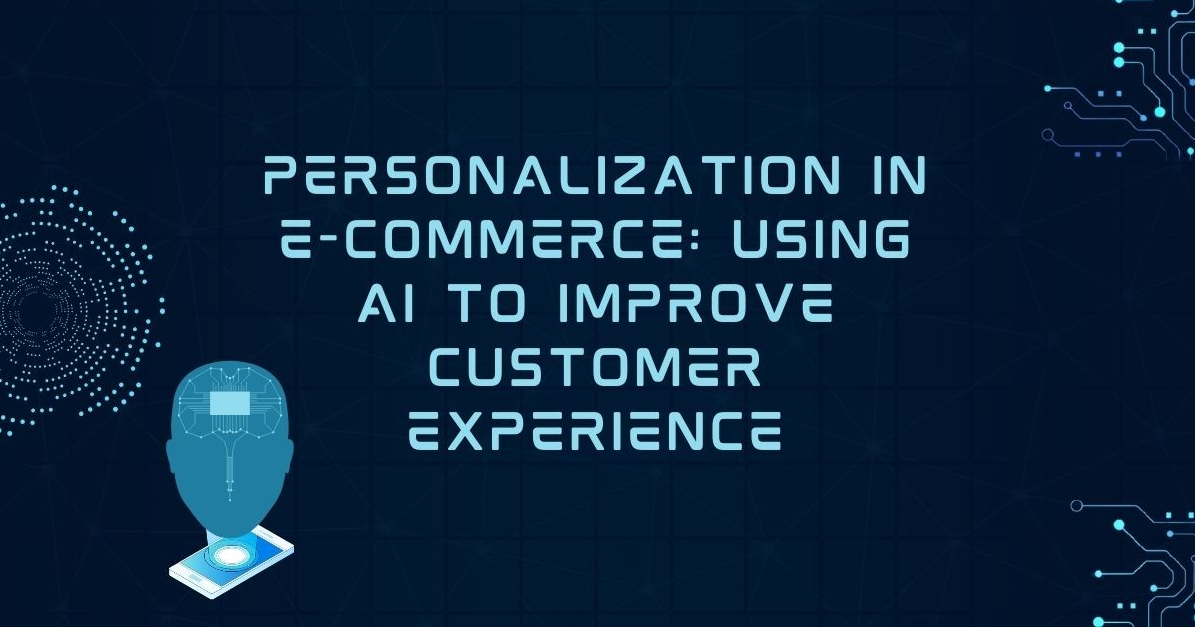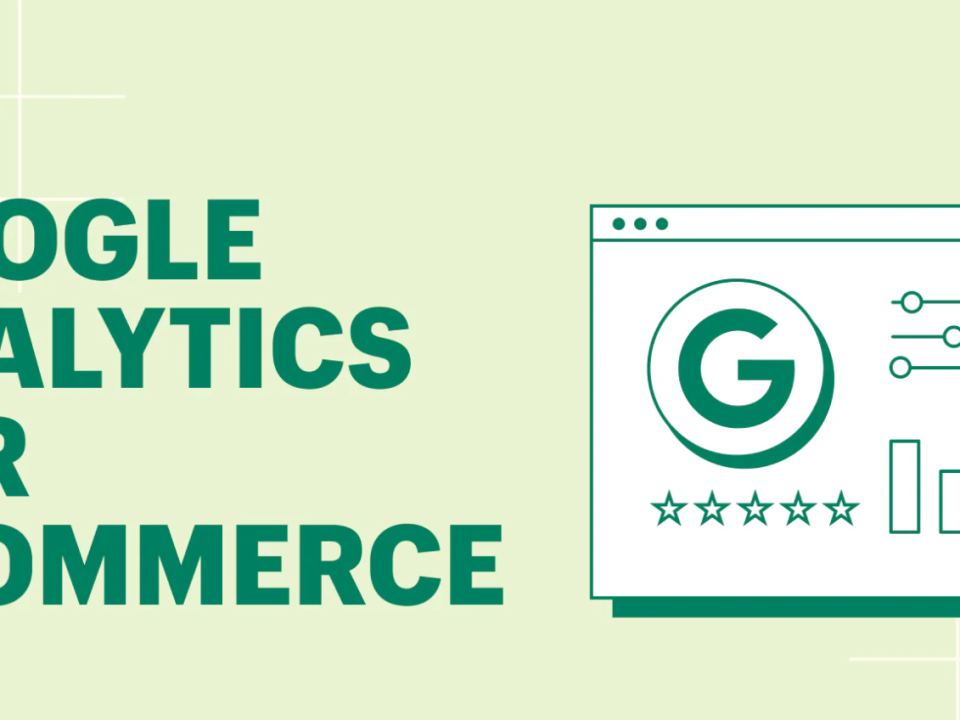- Call Now for a Free Evaluation
- +2347034964068
Harnessing the Power of AI-Powered Personalization in E-Commerce
In today’s highly competitive e-commerce landscape, providing a personalized shopping experience is no longer a luxury but a necessity. Artificial Intelligence (AI) has become a pivotal technology in achieving this goal, enabling businesses to tailor their offerings and interactions to individual customer preferences. This article delves into how AI-powered personalization is transforming e-commerce, its benefits, implementation strategies, and future trends.
What is AI-Powered Personalization?
AI-powered personalization leverages machine learning algorithms and data analytics to customize the shopping experience for each customer. By analyzing data such as browsing behavior, purchase history, and customer preferences, AI can deliver relevant product recommendations, personalized content, and targeted marketing messages.
Key Benefits of AI-Powered Personalization
1. Enhanced Customer Experience
Personalized shopping experiences make customers feel valued and understood, leading to increased satisfaction and loyalty. AI can recommend products that match a customer’s taste, provide personalized content, and tailor the overall shopping journey.
Benefits:
- Relevance: Delivers content and products that match individual preferences.
- Engagement: Keeps customers engaged with personalized interactions.
- Satisfaction: Increases customer satisfaction through a tailored experience.
2. Increased Conversion Rates
By presenting customers with products and offers that align with their interests, AI-powered personalization can significantly boost conversion rates. Personalized recommendations and targeted promotions are more likely to lead to purchases.
Benefits:
- Higher Sales: Personalized recommendations drive more purchases.
- Targeted Promotions: Customized offers increase conversion likelihood.
- Reduced Cart Abandonment: Personalized follow-ups encourage completed purchases.
3. Better Customer Retention
Personalized experiences foster customer loyalty and repeat business. Customers are more likely to return to a site that consistently meets their needs and preferences.
Benefits:
- Loyalty: Builds strong relationships with customers.
- Repeat Business: Encourages customers to return for future purchases.
- Customer Lifetime Value: Increases the overall value of each customer.
4. Efficient Marketing Spend
AI enables more precise targeting of marketing efforts, ensuring that promotional messages reach the right audience. This leads to more effective use of marketing budgets and higher ROI.
Benefits:
- Cost Efficiency: Reduces wasted marketing spend.
- Higher ROI: Increases return on marketing investments.
- Targeted Campaigns: Ensures marketing messages resonate with the intended audience.
Implementing AI-Powered Personalization in Your E-Commerce Strategy
Step 1: Collect and Analyze Data
Gather data from various sources, including website analytics, customer purchase history, and social media interactions. Use AI and machine learning algorithms to analyze this data and identify patterns and insights.
Step 2: Segment Your Audience
Divide your customer base into segments based on their behavior, preferences, and demographics. This segmentation allows for more targeted personalization efforts.
Step 3: Develop Personalized Content
Create personalized content and product recommendations for each customer segment. This can include personalized emails, tailored product suggestions, and customized landing pages.
Step 4: Implement AI Tools
Utilize AI tools and platforms that specialize in personalization, such as recommendation engines, predictive analytics, and chatbots. These tools can automate and optimize the personalization process.
Step 5: Monitor and Optimize
Continuously monitor the performance of your personalization efforts. Use analytics to track key metrics such as conversion rates, customer satisfaction, and ROI. Adjust your strategies based on these insights to improve effectiveness.
Challenges of AI-Powered Personalization
1. Data Privacy and Security
Collecting and analyzing customer data raises concerns about privacy and security. Businesses must ensure they comply with data protection regulations and implement robust security measures to protect customer information.
Challenges:
- Compliance: Adhering to data protection laws.
- Security: Safeguarding customer data against breaches.
- Transparency: Being transparent about data usage practices.
2. Integration with Existing Systems
Integrating AI tools with existing e-commerce platforms and systems can be complex and require significant technical expertise.
Challenges:
- Technical Complexity: Integration with legacy systems.
- Cost: Investment in technology and expertise.
- Skill Gap: Need for specialized AI and data science skills.
3. Ensuring Accuracy
AI algorithms must be continually trained and updated to ensure the accuracy of personalization efforts. Inaccurate recommendations can lead to customer frustration and decreased satisfaction.
Challenges:
- Algorithm Training: Regular updates and training of AI models.
- Data Quality: Ensuring high-quality, relevant data.
- Customer Feedback: Incorporating feedback to improve accuracy.
The Future of AI-Powered Personalization in E-Commerce
The future of AI-powered personalization in e-commerce is bright, with several exciting trends on the horizon:
1. Hyper-Personalization
AI will enable even more granular personalization, tailoring experiences to individual customers on a deeper level. This includes real-time personalization based on current behavior and context.
2. Voice and Visual Search Integration
AI-powered voice and visual search capabilities will enhance personalization by understanding customer preferences through voice commands and visual inputs.
3. Augmented Reality (AR) and Virtual Reality (VR)
AR and VR technologies, combined with AI, will provide immersive, personalized shopping experiences. Customers can virtually try on products or visualize items in their environment.
4. Ethical AI
As AI technology advances, there will be a greater emphasis on ethical AI practices, ensuring that personalization efforts are fair, transparent, and respectful of customer privacy.
Conclusion
AI-powered personalization is revolutionizing the e-commerce industry by delivering tailored shopping experiences that enhance customer satisfaction and drive business growth. By leveraging AI technologies to analyse customer data, segment audiences, and deliver personalized content, e-commerce businesses can stay competitive in an increasingly crowded market. Despite challenges related to data privacy, integration, and accuracy, the benefits of AI-powered personalization make it a critical component of any successful e-commerce strategy. Embrace the power of AI to create personalized, engaging, and satisfying shopping experiences for your customers.





